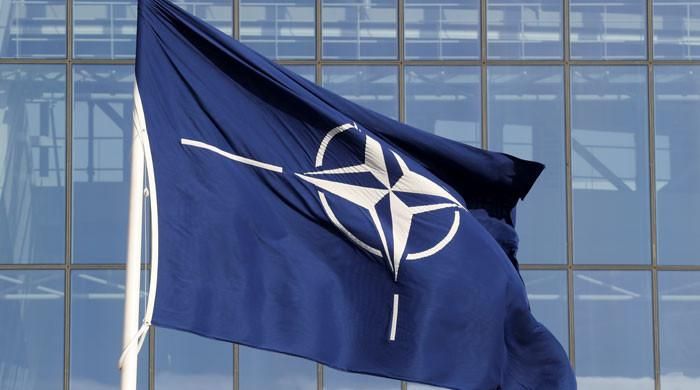Joining NATO reflects a departure from Sweden's historic policy of neutrality, adopted after the Napoleonic Wars.
Sweden's bid for NATO membership, spurred by Russia's 2022 invasion of Ukraine, is close to approval, pending Hungary's ratification vote, but has important consequences for Sweden's defense strategy and alters the geopolitical panorama in the region. AFP reported.
The decision to join NATO reflects a departure from Sweden's historic policy of neutrality, adopted after the Napoleonic Wars. Despite a tradition of non-alignment, Sweden strengthened ties with NATO, participating in programs such as Partnership for Peace since 1994.
However, public opposition and political vacillation, especially within the Social Democrats, hampered discussions on full membership until the Russian invasion of Ukraine in 2022.
Sweden, which previously advocated neutrality, changed its stance when a majority in parliament voted to apply for NATO membership in May 2022. This marked a significant transformation in public opinion and political consensus.
Known for its humanitarian efforts, Sweden brings a unique profile to NATO. Sweden, which historically emphasized a strong military to protect neutrality, shifted its focus to peacekeeping after the Cold War, leading to reduced defense spending. However, geopolitical changes, especially Russia's actions, caused spending to increase, with the goal of exceeding 2% of GDP by 2024.
Joining NATO requires Sweden to adopt a collaborative defense approach, moving away from the historical strategy of self-sufficiency. This change implies preparing to defend not only Swedish territory but also allied territory, which marks a substantial change in military calculations.
With the incorporation of Sweden and Finland into NATO, the Baltic Sea is surrounded by members of the alliance, altering the regional balance. Analysts see this development as the last piece on NATO's map in northern Europe.
Implications for Sweden's defense also include adapting to new power relations and recognizing NATO's collective strength against potential threats. The move from being perceived as a smaller state to being part of a larger alliance changes the dynamic, potentially reducing the risk of conflict.
In short, Sweden's potential membership in NATO means a paradigm shift in defense strategy, from solo defense efforts to collaborative security within the alliance, with broader implications for regional stability.












